Back in the dark days of 1970s British state education, the bedrock of my primary school instruction was known, alliteratively, as “the three R’s”, aka “reading, writing and arithmetic”. The concept taught oiks like me the basics, namely barely enough language and mathematical skills to stumble into a world of skilled, semi-skilled and occasionally white-collar drudgery.
Education, for my generation, was far from “woke”. The daily grind of school was about equipping pupils with an understanding of core and vocational subjects, which included the now outmoded woodwork and metalwork (how to be a man and bring home the bacon) and home economics (how to be a good little housewife and put the tea on). The implicit aim of state education was to prepare us proles for the long march toward the building site, factory floor or clerks’ office, with a byproduct being maybe you’d be smart enough in later years to hold a conversation with a prospective spouse and thus get married and “settle down”.
And that was about it.
Jump to secondary school in the eighties and there was enough 1984, Animal Farm and The Ragged-Trousered Philanthropists type “cultural Marxism” on the curriculum to give the left-wing socks-and-sandals brigade a sense they were creating a “proto-woke” working class – which was something of a British socialist fantasy back then. Today, however, with the unions lacking charismatic leadership, the Labour Party lacking any sort of leadership, and increasing numbers of Britain’s proletariat busily doffing their caps to clown prince of Downing St Boris Johnson, the left has all but given up on class struggle as a vote-winner, preferring instead to focus its blurry attention on climate change, gender politics and other issues far too abstract for the man on the Clapham omnibus.
So it comes as no surprise that the latest diktat on “white privilege” coming from woke educators isn’t designed to improve declining school standards or improve the lot of the great unwashed, but to promote a new form of three R’s: “righteousness, reparations and racism”.
Or at least this is what right-wing grifters will have you believe.
According to the Telegraph, the National Association of Teachers of Religious Education (NATRE) claims it wants to introduce lessons for 8-11-year-olds that teach the “key concept” of white privilege while also getting primary school teachers to face up to their own unconscious bias in the classroom, as unrequited prejudices “can make it hard for some to identify systemic racism”.
The NATRE learning materials obtained by the Telegraph are also said to contain “key ideas” that include “put-downs and jokes as microaggressions that can ‘reinforce white power’”, adding: “It’s important to engage with the idea that racism is a problem for white people, rather than for black people.”
The document also nails Christianity for “sugar coating” the “shameful stain” of its involvement in the transatlantic slave trade, helpfully informing teachers that “the complicity of Christians in the enslavement of millions is an untold story”.
Predictably, religious detractors and right-wing mouthpieces, from the former Bishop of Rochester Dr Michael Nazir-Ali to Spectator columnist and free-speech warrior Toby Young, have been far from turning the other cheek for what they see as a blasphemous blend of anti-white, anti-British propagandising of the school curriculum.
Nazir-Ali dismissed NATRE’s notion of white privilege, pointing out the factoid that “white working class boys are at the bottom of the pile” while Young rubbished it with the canard, “Britain is one of the least racist countries in the world”.
But if you actually think about what NATRE is proposing as classroom aids for professional teachers as a way of helping them to create stimulating lesson plans that help youngsters to navigate complex social issues, what’s the problem? What are 8-11-year-olds to make of watching EURO 2020 and seeing players take the knee, and get booed for their troubles? Or catch yet another BLM demonstration on the news? Or listen to their parents chuntering on behind their copies of the Sun and, er, the Telegraph about immigration – for the nth time that day?
As a father of three, I run the gamut of daily interrogation about what’s going on in the world. Children are curious, inquisitive and a lot smarter than we give them credit for. Teaching them about former glories or an imperialist past is all well and good; no one is suggesting that they shouldn’t learn about the Romans, the Vikings, the Normans and everyone else who’s conquered the British Isles. Or Shakespeare. Or Isambard Kingdom Brunel. But there’s lots of other stuff that’s been conveniently airbrushed from the curriculum, an act that has been far more detrimental to the education of millions of ordinary kids than introducing a little “racial awareness” here and there. Wrapping kids up in cotton wool and shutting them off from the real world does them no favours. Children soon pick up on contested ideas, such as white working class boys are rubbish or Britain is a racial Disneyland – from in the home, the media and the street – so why not give them some well-thought out context in the classroom?
What reactionaries often claim is classroom propaganda is in fact pedagogy. And they know it. Teaching styles, practice, content, knowledge transfer and delivery must change with the times. However, the right loves nothing more than victim-signalling contested ideas such as “white privilege” as though they’re part of a Marxist brainwashing programme designed to corrupt our youth when more often than not they’re classroom talking points designed to bring more children into the educational mix, not shut down discussion.
Personally, I can’t stand the notion of white supremacy or white privilege. Both convey notions of superiority that flatter rather than undermine their intended targets. Which is why introducing ideas such as “white privilege”, “white supremacy” and the politics of Black Lives Matter into the classroom, left-wing educators run the risk of letting propaganda, psychobabble and anti-Eurocentrism (usually of the dead-white-male variety) get in the way of genuine progressive thinking.
Take the recent brouhaha over “maths is racist” for instance. Educators in California (where else) had debated whether to apply the politics of social justice to teaching mathematics across the state to K-12, or kindergarten to 12th grade students, as a means of eradicating “white supremacy” from the subject. In turn, this would eliminate special classes for gifted students and thus create an idealistic equal academic playing field – presumably by dragging everyone down rather than raising everyone up.
Critics rounded on the proposal, citing the history of maths as a melting pot of cultural ideas and, given its theoretical objectivity, argued that this bedrock of scientific thought is inherently anti-racist by its very definition.
“It is absurd to accuse mathematics of being ‘racist,’” said William Happer, a professor of physics emeritus at Princeton University. “We use Indian numerals that come to us through the Arabs. There are still lots of distinguished mathematicians in India who speak the same worldwide mathematical language as mathematicians in North America, Europe, the Arab world, India, China, Japan, Africa, South America, etc. Greek geometry, much of it borrowed from Egypt and Mesopotamia, is still one of the most sublime human achievements.”
Officials eventually blocked the inclusion of a document on “dismantling racism in mathematics instruction,” which argued, bizarrely, against “upholding the idea that there are always right and wrong answers”. However, ahead of the next round of consultations this summer, classes for gifted students remain doubtful. Educators are still against streaming maths classes by ability or achievement calling for an end to “gifted and talented” programmes because they are “inequitable”.
As whacky as it sounds, the idea that maths, and by extension science as a whole, “is racist” isn’t new, at least in America.
In 2017, Professor Rochelle Gutierrez from the University of Illinois claimed that teaching maths perpetuates “unearned” white privilege, and urged her colleagues to appreciate the “politics that mathematics brings”. Writing in Building Support for Scholarly Practices in Mathematics Methods, Gutierrez argues that the Pythagorean theorem and pi reinforce white supremacy by showing that maths was developed by the Greeks and Europeans.
“On many levels, mathematics itself operates as Whiteness. Who gets credit for doing and developing mathematics, who is capable in mathematics, and who is seen as part of the mathematical community is generally viewed as white,” Gutierrez writes.
In 2019, Seattle Public Schools released a draft of new learning objectives that integrated “ethnic studies” into mathematics, as well as other subjects, raising questions such as, “Where does Power and Oppression show up in our math experiences?” and “How is math manipulated to allow inequality and oppression to persist?”
Other states, including Vermont, Oregon and of course California, have also produced K-12 learning materials that promote the classroom experiences of people of colour. Seattle and California, however, have calculated further that rethinking existing courses so that they’re now taught through an anti-racist lens is progress, rather than part of a woketard, BLM, cultural-Marxism conspiracy, which is how reactionaries predictably read it.
The progressive view is that introducing an ethnic lens to traditionally tough subjects such as maths makes them more “inclusive” and thus appealing to students who often see such disciplines as “white”, not least because better-off white parents can hothouse their kids through tough subjects such as maths and the sciences. While maths is “objective” in a “one plus one equals two” sense, many argue that the way it’s taught, the resources given to it and the cultural expectations or unconscious biases that pervade education systems are subjective. The same, of course, can be argued about education and gender. If this wasn’t the case boys would still be learning woodwork and metalwork and girls would still be learning home economics. Change doesn’t happen on its own.
A 2016 Stanford University report, which examined ethnic-studies classes in San Francisco high schools, found that attendance increased by 21% and GPA (grade point average) increased by 1.4 grade points with significant effects on GPA specific to math and science; boys and Hispanic students improved the most.
“When students can see themselves in curriculum and see diversity in curriculum, they respond better,” Wayne Au, a professor at the University of Washington Bothell, told the Seattle Times. Au has helped lead Seattle’s ethnic-studies initiative. “And, it can help white students understand themselves better. Structural racism in the country has mistaught white people about themselves – that they don’t have culture, that they don’t have roots.”
In his book, Is Science Racist? Jonathan Marks, Professor of Anthropology at the University of North Carolina at Charlotte, argues that “the eugenic science of the early twentieth century and the commodified genomic science of today are unified by the mistaken belief that human races are naturalistic categories. Yet their boundaries are founded neither in biology nor in genetics and, not being a formal scientific concept, race is largely not accessible to the scientist.”
In other words, race can only be grasped through the humanities – historically, experientially, politically – so conflating race with hard science is as problematic for woke educators as it is for the eugenic morons who think the colour of someone’s skin influences their intellect or educational ability.
One has to wonder what Katherine Johnson, Dorothy Vaughan and Mary Jackson, NASA’s African-American ‘Hidden Figures’ women, would make of this latest educational ‘race war’. After all, they grew up in an era of segregated education. No doubt they’d think something doesn’t quite add up when it comes to equating maths and other subjects as “racist”. But I bet they’d still want to sit down and work out the problem.
Source and Image: https://www.rt.com/op-ed/526859-maths-racist-racial-awareness-classroom/
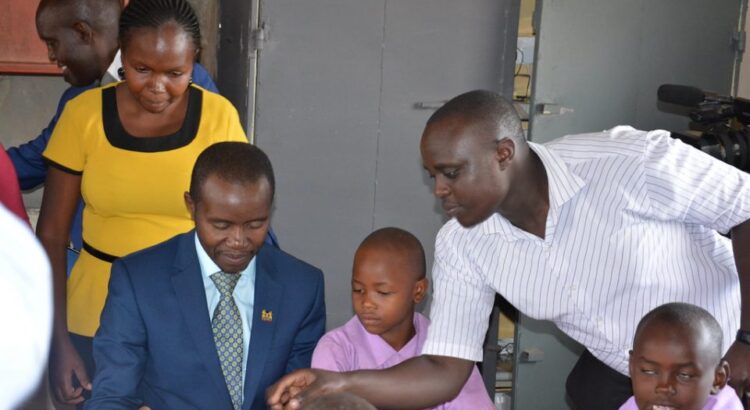
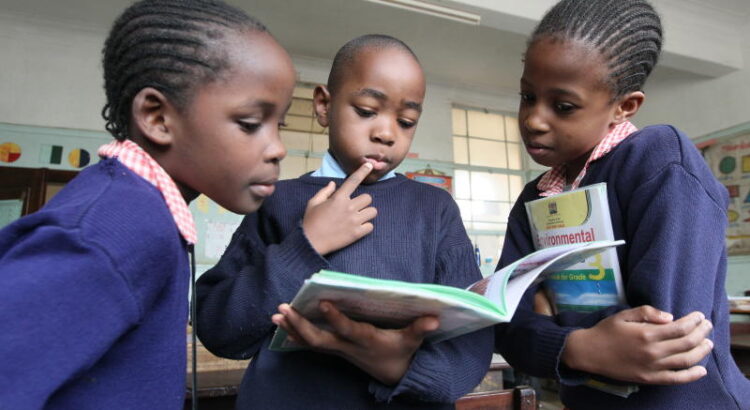
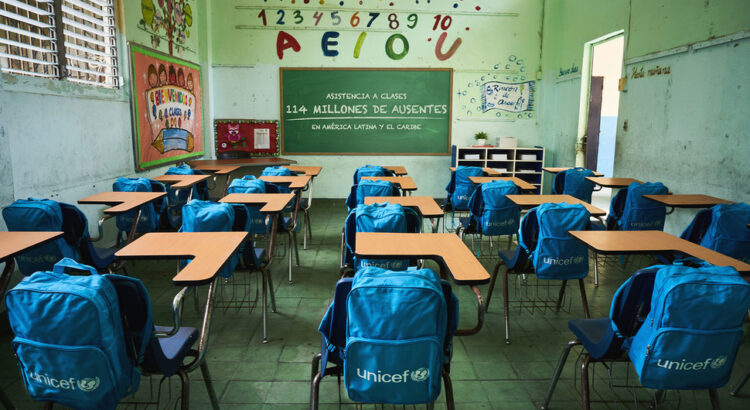

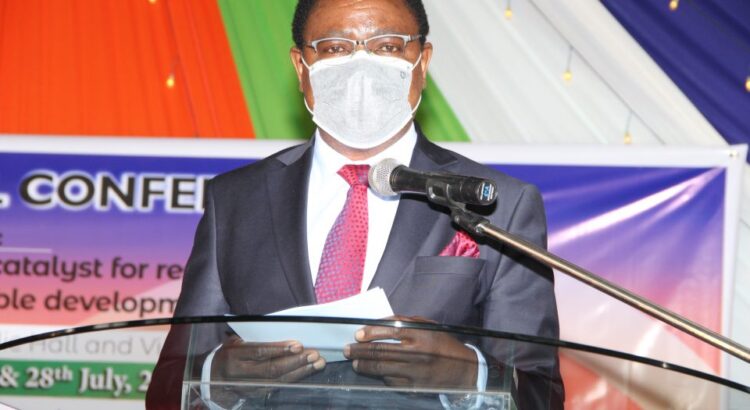

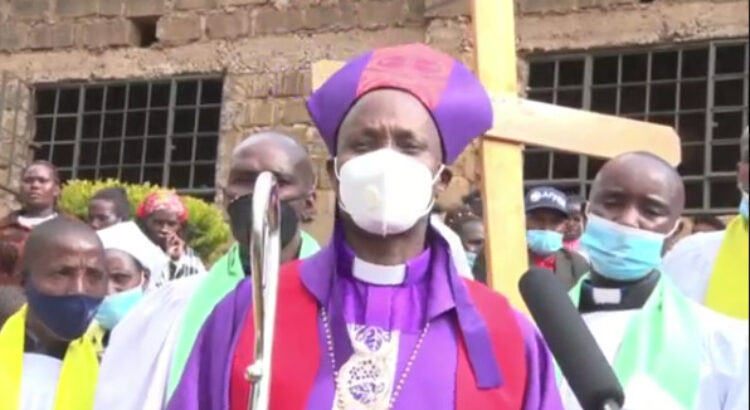
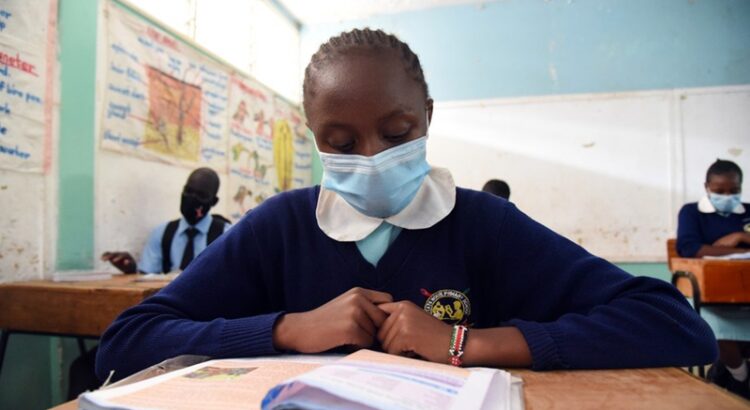






 Users Today : 63
Users Today : 63 Total Users : 35404541
Total Users : 35404541 Views Today : 72
Views Today : 72 Total views : 3334112
Total views : 3334112